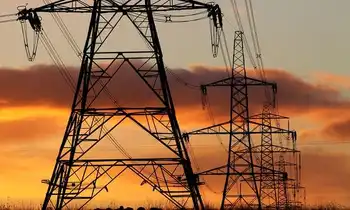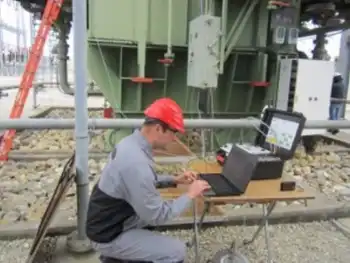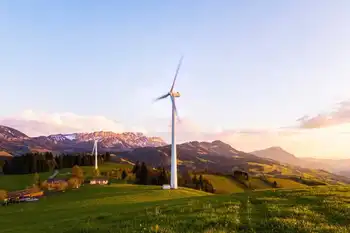Activists appeal coal power unit permit
By Associated Press
NFPA 70e Training
Our customized live online or in‑person group training can be delivered to your staff at your location.

- Live Online
- 6 hours Instructor-led
- Group Training Available
The appeal by the Sierra Club and the Hoosier Environmental Council also contends that the state permit approved this month lacks sufficient protections to control those emissions.
The two groups say the planned $53 million coal boiler will worsen air pollution and breathing disorders on and near the West Lafayette campus at a time when other schools are embracing cleaner energy sources.
"Purdue is supposed to be a place where students can take pride in being part of an institution that leads the country in innovation and clean tech. Instead, Purdue is doubling down on the dirty energy technology of yesteryear," Bowden Quinn of the Hoosier Chapter of the Sierra Club said in a statement.
The appeal was received July 29 by the Office of Environmental Adjudication, which settles disputes over decisions made by the Indiana Department of Environmental Management.
IDEM spokesman Rob Elstro said the agency will defend the permit and demonstrate that the final permit complies with all applicable rules and regulations.
Purdue officials have said that replacing the Wade Power Plant's 50-year-old coal boiler with a cleaner burning version and adding a $7.5 million natural gas-fired boiler will significantly lower soot and mercury emissions on the campus.
The power plant supplies steam for electricity and heating as well as chilled water for cooling the campus' buildings. It has two coal boilers — the aging boiler and a cleaner unit built in 1991 that's similar to the new planned unit.
Both of those boilers release sulfur dioxide, nitrogen dioxide, mercury and soot.
Purdue estimates the cleaner-burning coal boiler and natural gas unit will reduce emissions significantly, with the various pollutants cut between 40 percent and 90 percent.
In their appeal, the two groups allege that IDEM used a "faulty" analysis when it determined that the new coal and natural gas boilers do not amount to a "major modification" of the plant. Such a classification would trigger additional pollution controls.
The appeal also contends that the permit contains insufficient protections to ensure the plant won't emit dangerous levels of soot, smog, and toxic compounds like hydrochloric acid.
Purdue spokesman Chris Sigurdson said the school examined cleaner energy options, including wind turbines, but determined that coal was the most "reliable and viable" power source.
"We think we've created a good plan and that's what the permit is," said Sigurdson, who declined to comment specifically on the groups' appeal.
The school also looked at geothermal energy systems like the one Ball State University is installing to eliminate use of its coal-fired boilers by tapping into the earth's nearly constant temperature for campus heating and cooling.
Sigurdson said, however, that geothermal systems were deemed impractical for Purdue because while Ball State has 75 buildings, Purdue's campus has 375 buildings and a total population of about 50,000 that essentially makes it a medium-sized town.
He said that if cleaner, economical fuels such as biomass from plant matter someday become available, the new boiler would be able to burn those instead of pulverized coal.











